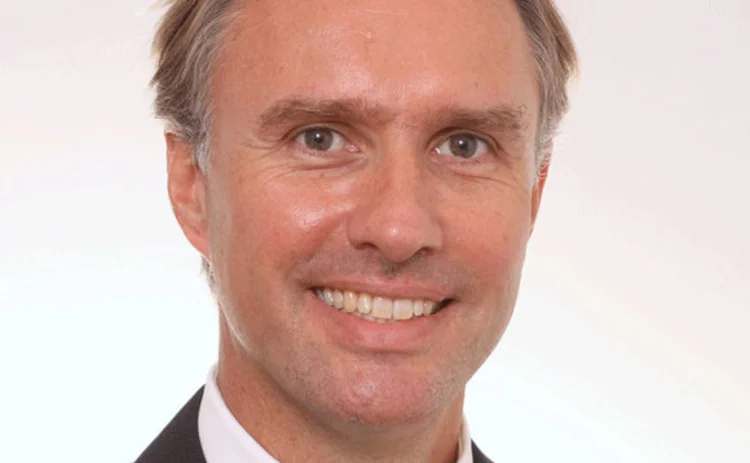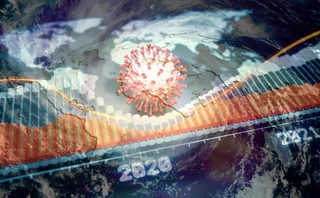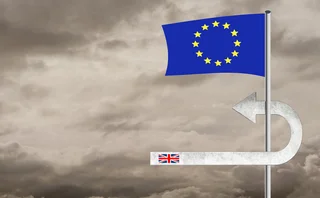
Availability of RMB instruments lags demand for insurance – Wim Hekstra profile
China is the driving force of Sun Life Financial Hong Kong’s business but a lack of hedging instruments is a problem, as its chief executive tells Asia Risk

While the UK's politicians have recently flirted with the idea of forcing visitors from certain countries to hand over a "security bond" worth $5,000 to encourage them to leave at the end of their stay, Hong Kong's authorities have instead been using financial instruments to enable foreigners to gain residency.
The Capital Investment Entrant Scheme (CIES) has been in play since 2003 and enables
Only users who have a paid subscription or are part of a corporate subscription are able to print or copy content.
To access these options, along with all other subscription benefits, please contact info@risk.net or view our subscription options here: http://subscriptions.risk.net/subscribe
You are currently unable to print this content. Please contact info@risk.net to find out more.
You are currently unable to copy this content. Please contact info@risk.net to find out more.
Copyright Infopro Digital Limited. All rights reserved.
As outlined in our terms and conditions, https://www.infopro-digital.com/terms-and-conditions/subscriptions/ (point 2.4), printing is limited to a single copy.
If you would like to purchase additional rights please email info@risk.net
Copyright Infopro Digital Limited. All rights reserved.
You may share this content using our article tools. As outlined in our terms and conditions, https://www.infopro-digital.com/terms-and-conditions/subscriptions/ (clause 2.4), an Authorised User may only make one copy of the materials for their own personal use. You must also comply with the restrictions in clause 2.5.
If you would like to purchase additional rights please email info@risk.net
More on Insurance
The future of life insurance
As the world constantly evolves and changes, so too does the life insurance industry, which is preparing for a multitude of challenges, particularly in three areas: interest rates, regulatory mandates and technology (software, underwriting tools and…
40% of insurers fail to specify climate as a key risk – LCP
Despite regulators’ urging, many UK and Irish insurers omit climate from risk statements, says report
Libor leaders: Prudential takes SOFR for a test drive
Test trades have allowed US insurer to start getting used to a life without Libor
Fed to push ahead with capital regime for single US insurer
Prudential faces risk capital add-ons unless it sheds “systemically important” label
Brexit dims hopes for Solvency II change in UK
Lawyers say political tensions may have killed off chance of reform, following PRA U-turn
BoE creates volatility adjustment ‘stepping stone’ for insurers
Dynamic VA may be used for assets that fail to qualify for matching adjustment, say experts
No plans to scrap systemic insurer rules, says IAIS chair
A US regulator claims Europeans asked IAIS to chart own course after FSB moved to ditch G-Sii list







